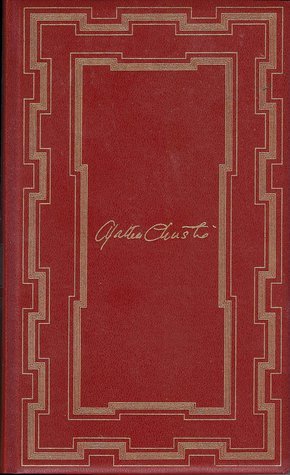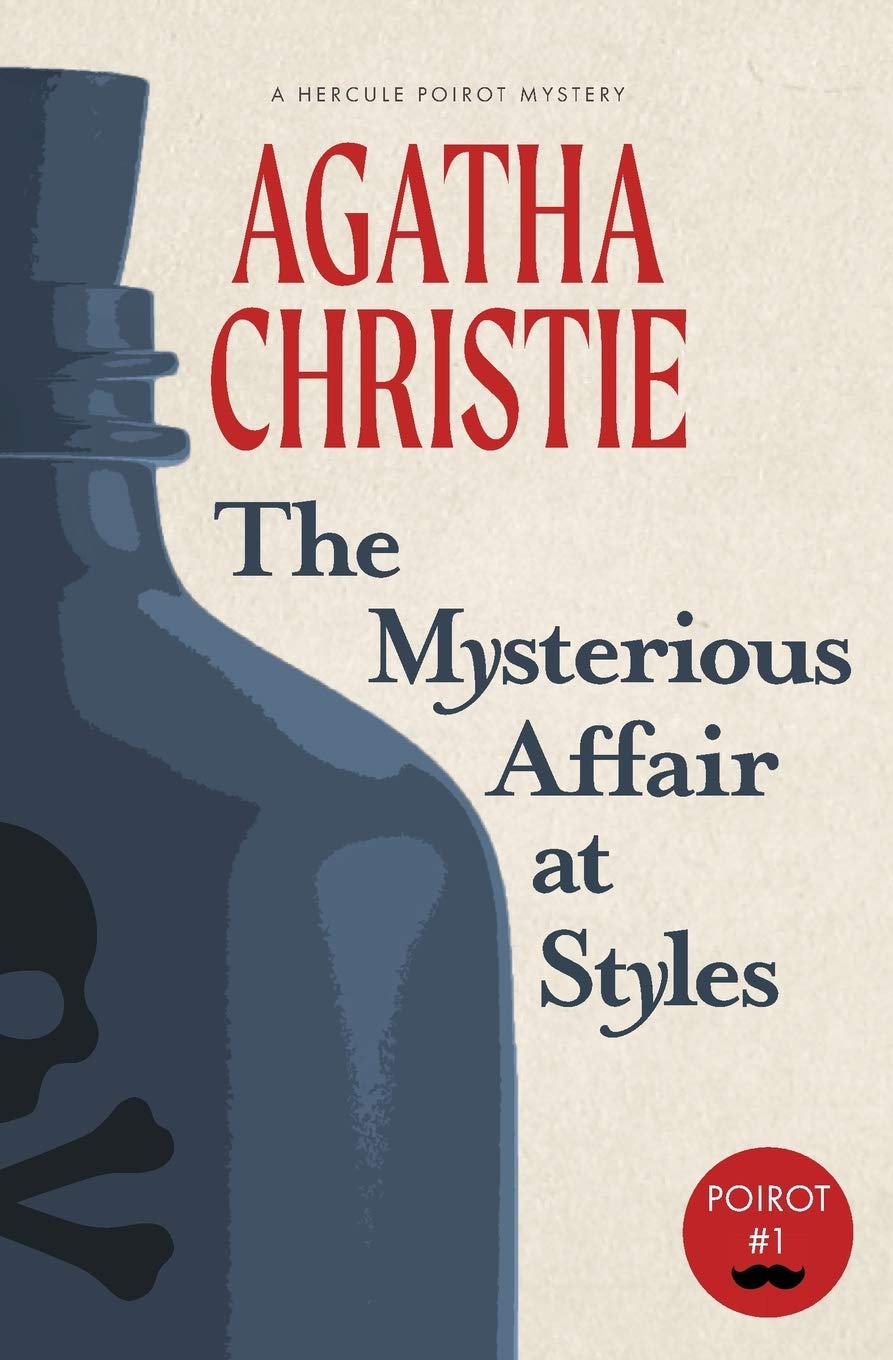
Murder at the Vicarage
Book Description
A sinister chill descends on the quaint village of St. Mary Mead when a beloved local figure is found dead in the vicarage. With the townsfolk clashing in heated whispers and hidden rivalries bubbling to the surface, secrets long buried threaten to expose the dark underbelly of this seemingly peaceful community. Enter Miss Marple, the keen-eyed sleuth, as she navigates a tangled web of deceit, unmasking jealousy and betrayal lurking within familiar faces. Each clue pulls her closer to the shocking truth, but who among them can truly be trusted? As tensions rise, will justice prevail before the village descends into chaos?
Quick Book Summary
In 'Murder at the Vicarage,' Agatha Christie introduces her iconic detective Miss Marple in a tale set in the seemingly tranquil English village of St. Mary Mead. When Colonel Protheroe, a much-loathed local magistrate, is found murdered in the vicarage study, shockwaves disturb the tightly knit community. The normally unremarkable villagers become both suspects and sources of gossip, unveiling a tapestry of secrets, jealousies, and hidden relationships. As suspicions abound and the local police grapple with the case, it is Miss Marple, armed with her acute observation of human nature and village life, who quietly pieces together the truth. Her shrewd insights cut through lies, leading to a surprising and satisfying resolution that restores peace to St. Mary Mead.
Summary of Key Ideas
Table of Contents
Village Life and Social Dynamics
Set in the idyllic village of St. Mary Mead, the narrative opens with the vicar, Leonard Clement, narrating life’s gentle rhythms and village scandals. The tranquility is shattered when Colonel Protheroe, a despised and authoritative figure, is found shot dead in the vicarage. The event transforms the close-knit community into a cluster of suspects, each with motives borne from grievances and hidden animosities. The murder serves as a catalyst, exposing the complex undercurrents that surge beneath the village’s charming facade.
The Complexity of Human Nature
As the investigation unfolds, Miss Marple emerges as an unlikely but astute observer. Her acute understanding of village psychology and the nuances of human behavior enables her to sift through the mounting gossip, half-truths, and speculation. Through her conversations with the vicar, police, and villagers, Miss Marple recognizes patterns and contradictions missed by more formal investigators. Her pivotal role is a testament to Christie’s subversive use of an elderly spinster as a keen detective, reinforcing themes of underestimated wisdom.
The Role of Gossip and Perception
The plot thickens as various suspects come under scrutiny: Anne Protheroe, the colonel’s unhappy wife; Lawrence Redding, a young artist entangled in scandal; Dr. Stone, the visiting antiquarian; and a host of villagers with their unique secrets. Christie intricately weaves their alibis and motives, crafting red herrings that confound both readers and investigators. As Miss Marple listens and observes, she unearths the grudges, affairs, and desires motivating those around her.
The Unraveling of Secrets
Gossip plays a crucial role, shaping and distorting public perception. The villagers’ delight in speculation both hinders and helps the investigation, as kernels of truth are hidden amid exaggeration and rumor. Miss Marple’s ability to distinguish between malicious chatter and meaningful insight becomes critical. Her method reveals that, in a small community, everyone is both observer and observed, perpetually entangled in the revelations and concealments of daily life.
Justice and Moral Resolution
Eventually, Miss Marple’s careful deductions cut through confusion. She unveils a cunning plan involving deceit, misdirection, and an unexpected alliance between the perpetrators. The successful identification and apprehension of the murderers restore order to St. Mary Mead. Christie’s resolution affirms the triumph of reason and justice, balanced with a recognition of the village’s enduring, if shaken, tranquility.
Download This Summary
Get a free PDF of this summary instantly — no email required.





